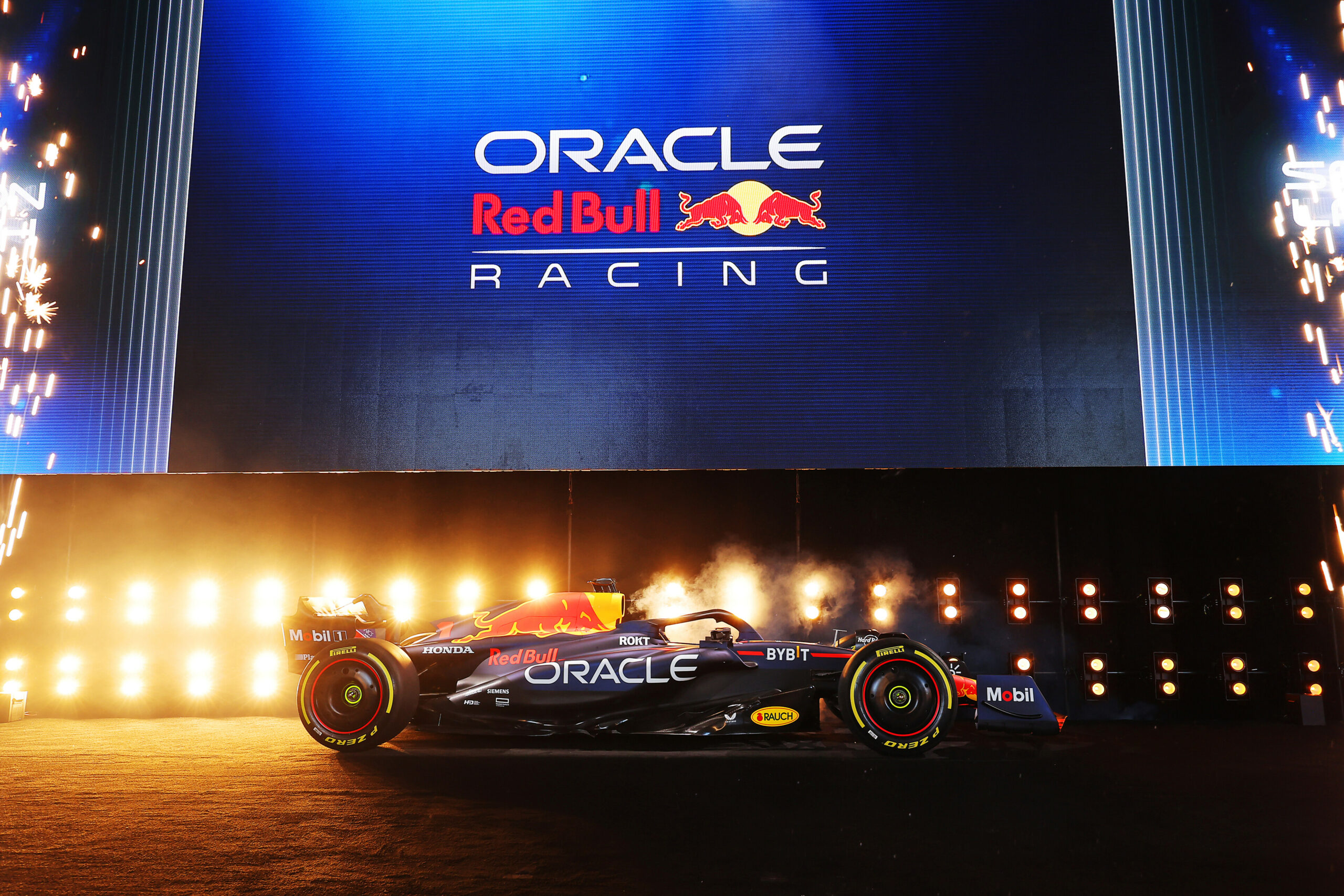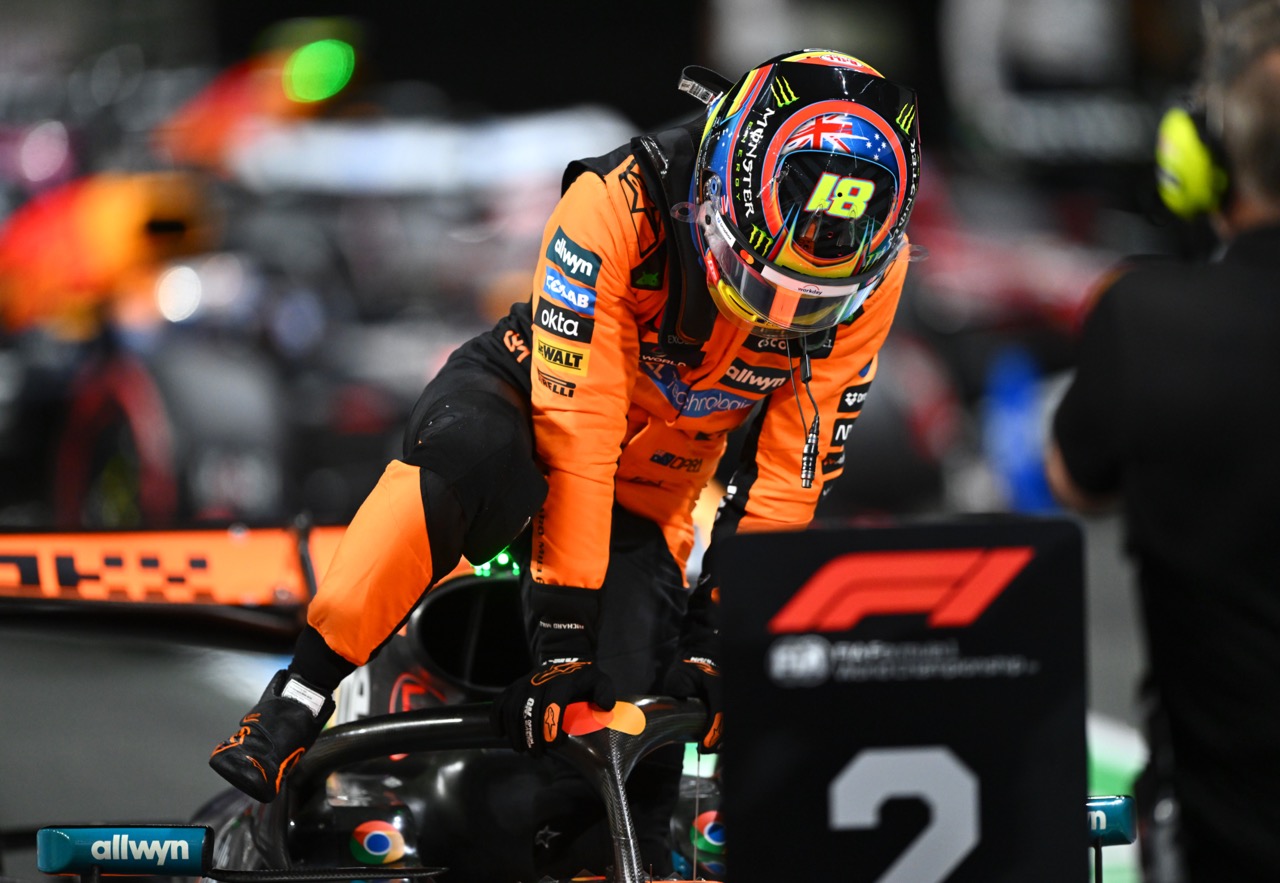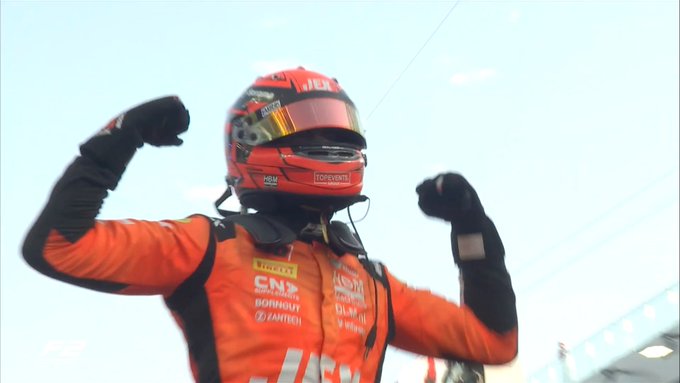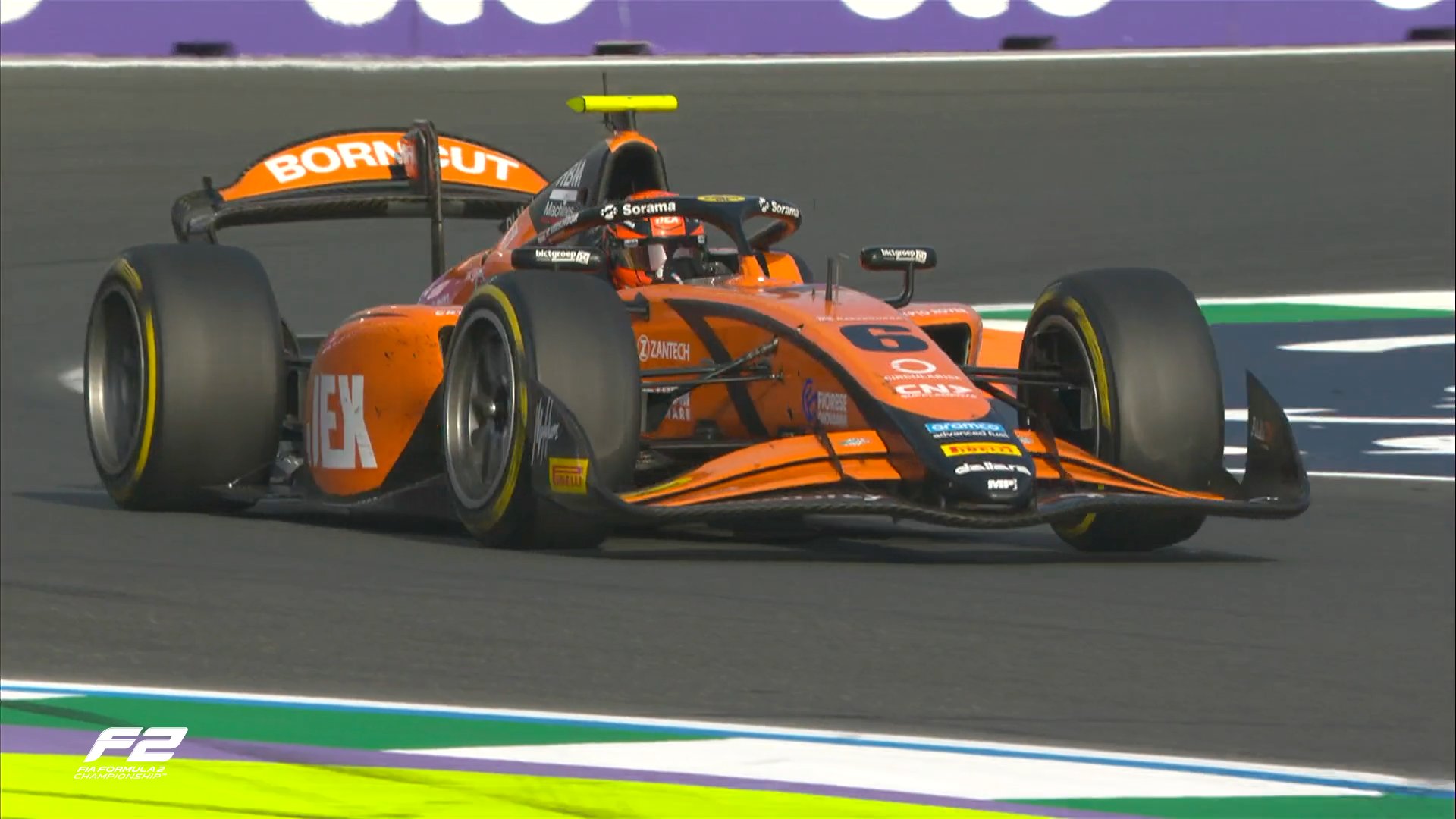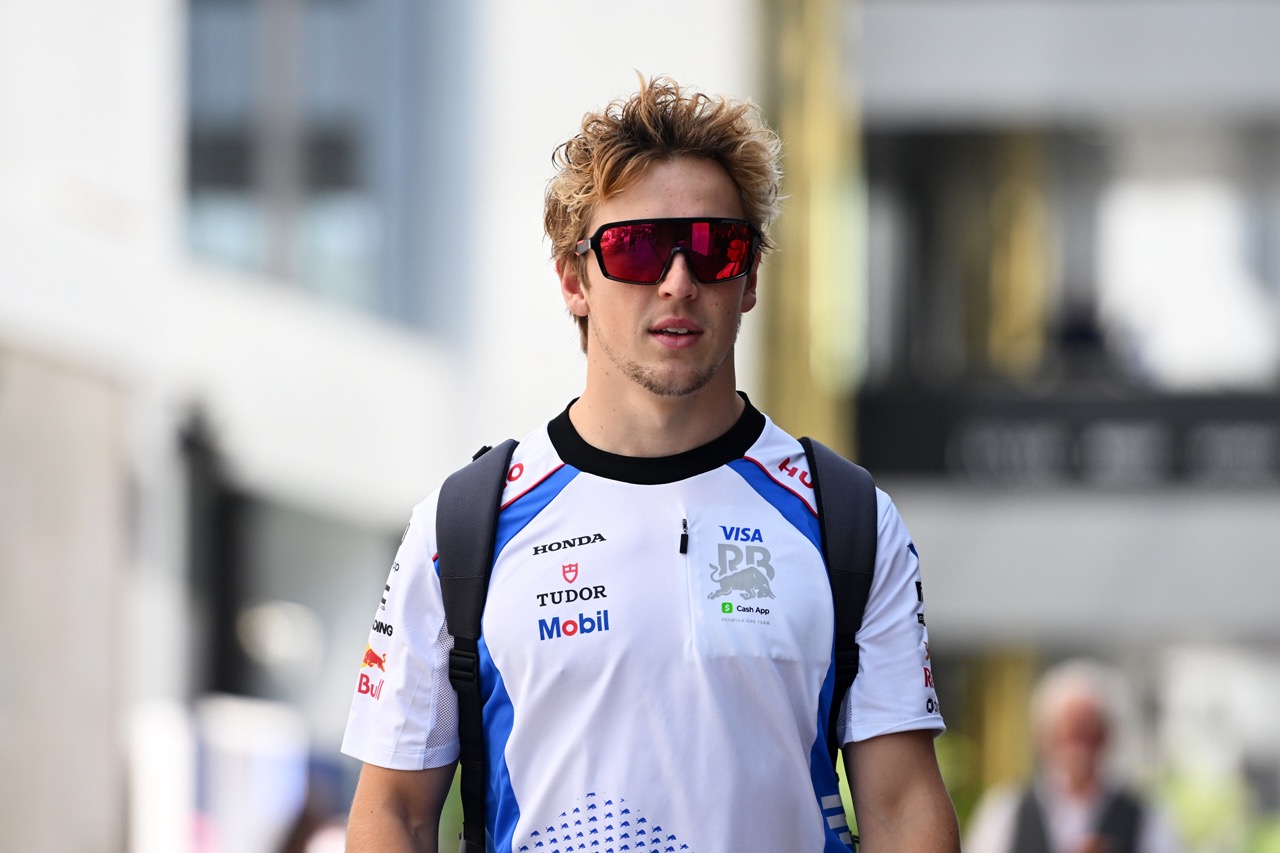Honda chief engineer and F1 project leader, Tetsushi Kakuda, discusses what he refers to as a severe compromise on reliability in the power units used by both Red Bull and AlphaTauri during the 2022 season.
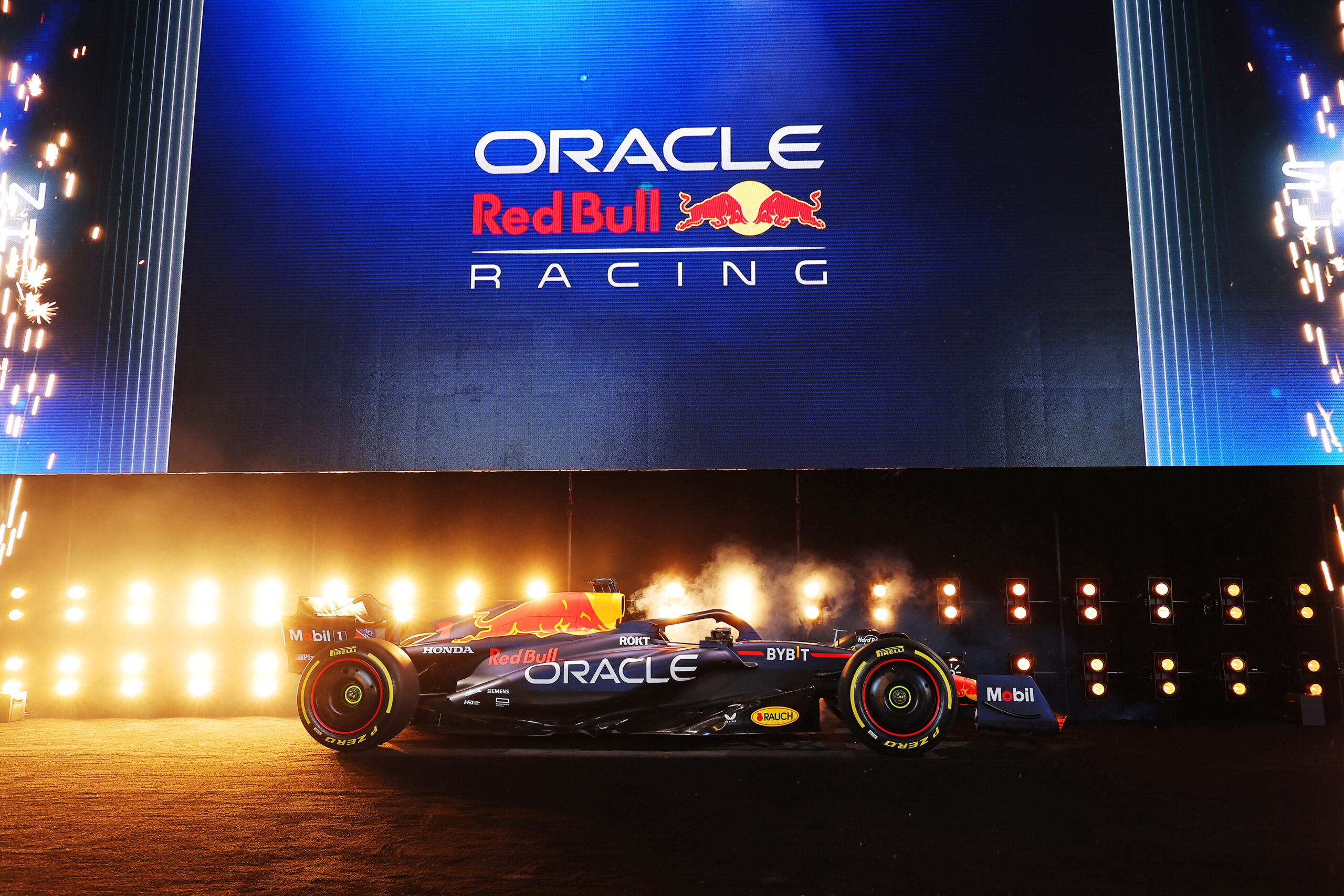
Despite its official departure from Formula 1 at the end of the 2021 season, Honda have continued to support Red Bull on the power unit side, with the Japanese marque working hard to alleviate power unit reliability concerns brought on by the sports switch to E10 fuel for 2022.
“Reliability was severely compromised.”
Honda’s original development plan aimed to complete major changes in time for 2022, this project was brought forward in order to reach its conclusion ahead of the manufacturers exit from Formula 1. While the project saw Red Bull and AlphaTauri make major gains on the power unit side, Kakuda admits the 2022 PU was “severely compromised” on reliability, due to the change to 10% ethanol fuels.
“We made every effort to recover the performance loss due to the E10 fuel,” he said at a press conference in Japan. “But as a result, the internal load to the engine increased significantly compared to the previous years and the reliability was severely compromised. As a result, several problems surfaced during the 2022 season.”
While these reliability issues didn’t result in a high number of non-finishes for either team, like we have seen in the past during Honda’s partnership with McLaren, Kakuda says an increased level of reliability will give the teams more flexibility in terms of performance.
“Improving the reliability is not going to help improve the other power of the power unit itself,” Kakuda said. “And also by regulation there’s only a certain type of development we can do with a power improvement.
“So, talking about reliability improvement, if that can be improved, this is going to help with giving more options from a strategic perspective and how you can use the power units. That is why we’re going to be working in collaboration with the team to adopt the best strategy for the power unit.”
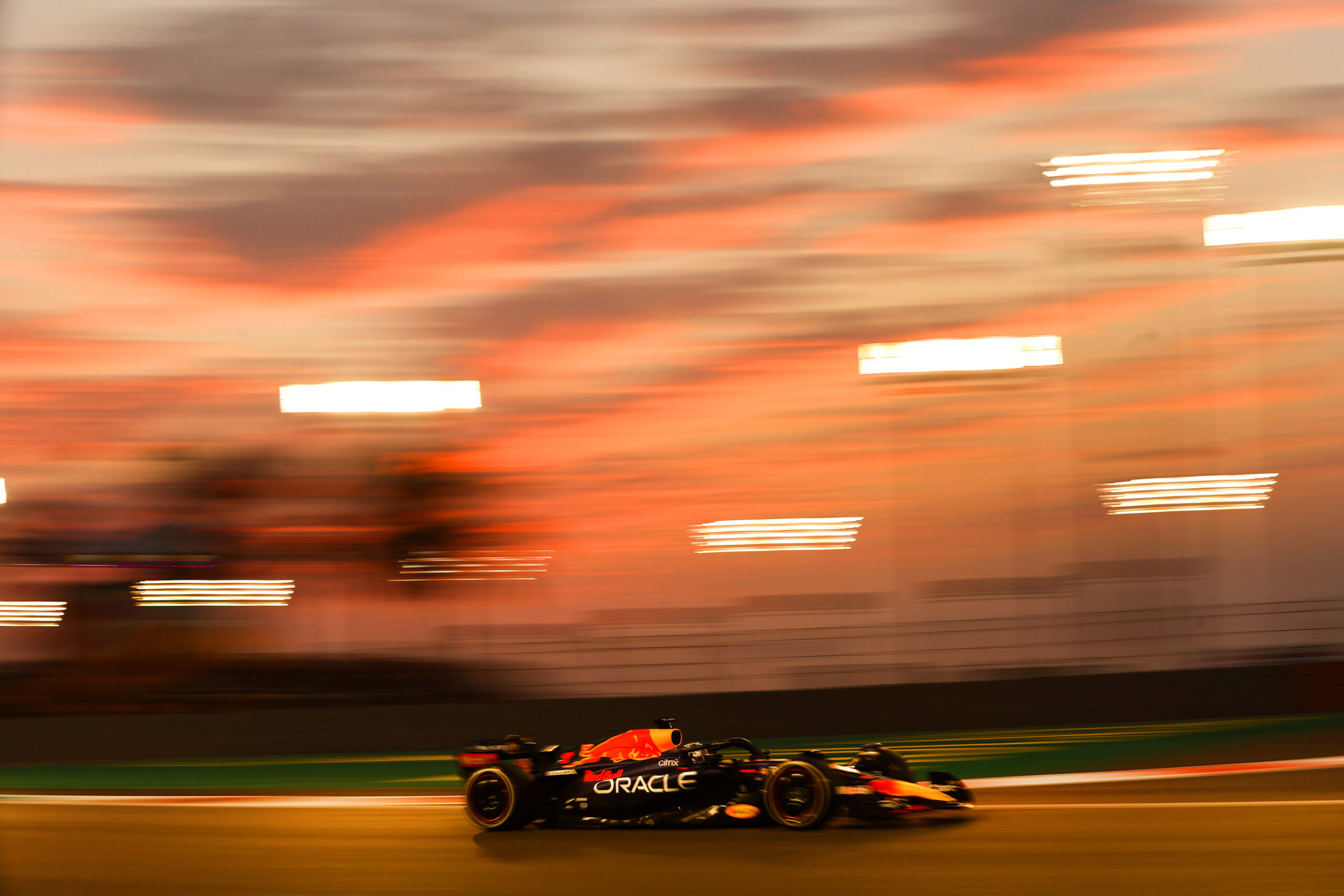
While Formula 1 is currently in a period of engine freeze, development which targets reliability improvements is still allowed. In addition, the teams may also introduce one software upgrade to the ECU for combustion engine control, and one for energy recovery systems per year.
Kakuda is confident Honda’s software improvements will give the teams a significant advantage. Particularly, he says, on the MGU-K side.
“Not only we must improve the areas where problems have become apparent but also we have been preparing ourselves to have wider strategies by identifying the limits of each part and maximising its potential,” he said.
“In addition to improving reliability, we deepened our understanding of our PU to further optimise the control and energy management. We have also matured ourselves in the electrification technologies, where we had a clear advantage last year, especially the [control of] MGU-K deployment.”
“We are fully prepared for the pre-season tests…”
While Honda have downsized it’s Formula 1 project to what is essentially a skeleton crew, Kakuda is confident the Honda power unit is fully prepared for pre-season testing later this week.
“Fortunately, we did not have any critical problems with the PU during the season, and the remaining team members were able to deal with problems that we encountered,” said Kakuda. “We have continued to work with our suppliers to improve the precision of parts in terms of manufacturing, quality inspection, governance, as well as the precision power unit assembly.
“HRC Sakura has been making an all-out effort for this coming season. We believe we are fully prepared for the pre-season tests starting this week.”

